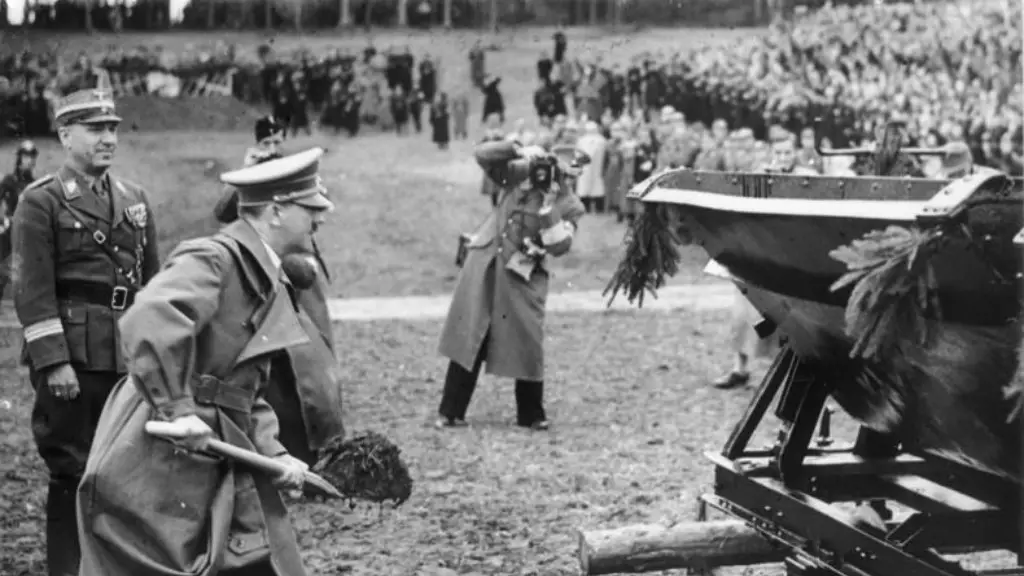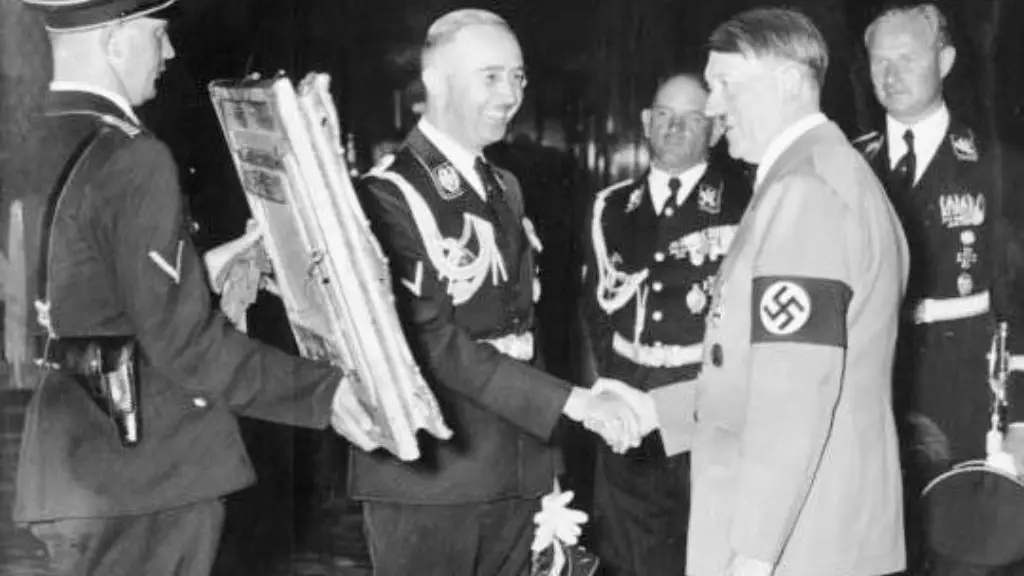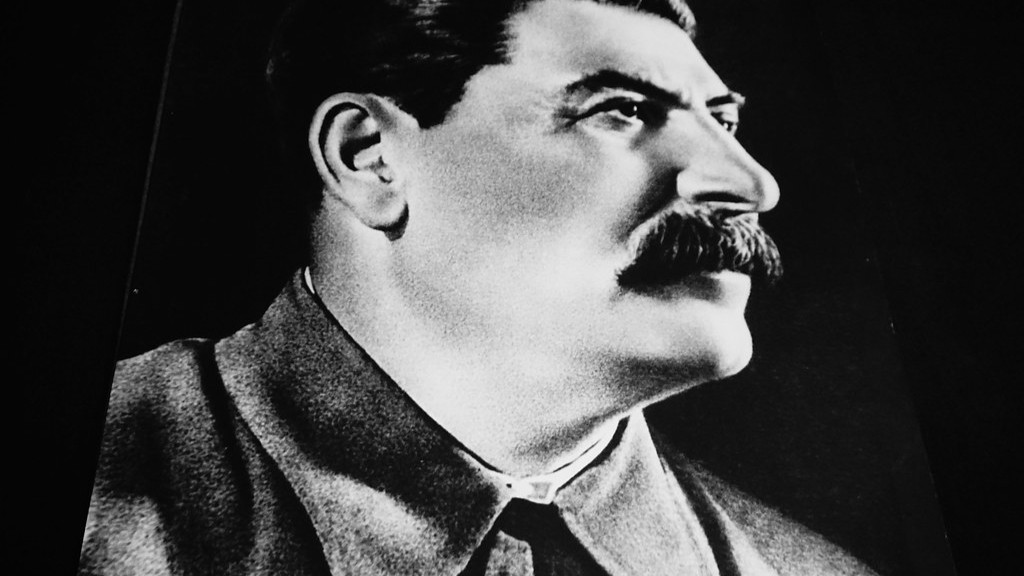Background of Book Burning
Book burning has been a practice over the centuries, originating from ancient cultures such as that of the Greeks and Romans, who bunt their religious books. During the Medieval period, books were burned to impede the spread of religious opinions that were different from those of the Church. Later on, the practice of book burning occurred during the Renaissance period, when it was used as a political tool for suppressing ideas of progress and other anti-regime thoughts.
During the Nazi era, book burning was used as a tool for eliminating ideas or opinions that could challenge the authority and ideology of Adolf Hitler. In 1933, one of the most notorious events of book burning took place when the Nazi party urged all German citizens to gather in their cities, where they gathered their books and literature that were deemed objectionable by the regime.
Why Did Hitler Burn Books?
Adolf Hitler and his Nazi regime were determined to repress any form of thought or opinion that opposed their government. As such, they were determined to eliminate any and all opposing views, especially those of the powerful Jews who they believed had been responsible for corrupting German culture.
Hitler was deeply committed to the idea of eugenics, which professes that certain groups or races are superior to others and should be given greater priority over them. He was certain that certain books contained ideas or points of view that would jeopardize his ideas, so he set about removing any form of literature or art that could undermine them.
In Hitler’s opinion, anything that did not contribute to strengthening the Nazi regime was a threat to it, and he was willing to do whatever was necessary to protect it. All types of books, including those written by Jews or communists, were collected and burned, as were any other items that contained elements that Hitler disagreed with or felt could induct dangerous influences on German society.
Effects of Book Burning
The effects of book burning were numerous and far-reaching. Aside from the obvious impact of destroying precious works of art and literature that contained historical and cultural information, Hitler’s book burning also censored thoughts and ideas that could have made an impact on Germany’s future.
The burning of books had an impact on the very nature of freedom of expression and of speech. People in Germany were afraid to read, write or even talk about certain topics out of fear of repercussions. This only served to strengthen the Nazi regime, as many people conformed to their ideals and ideologies for fear of the consequences of having different opinions.
Moreover, by eliminating or limiting certain types of literature, Hitler was able to present a version of German history and culture that could be seen as superior over that of its enemies, or of those who opposed the Nazi regime. This had a drastic impact on how people saw themselves and their place in the world, and led to a great divide between those inside and outside of the Nazi party.
Legal Challenges of Book Burning
Not only was book burning used to limit freedom of speech and thought, but it also posed a challenge to the very concept of democracy and law. During the Nazi period, books were burned without the permission of their authors, effectively denying them their rights to their own property. Moreover, the censorship that occurred was a direct violation of human rights and freedom of expression that is supposed to be enshrined in law.
Despite this, the few reforms or attempts to protect the rights of writers or authors that existed during the Nazi period were unsuccessful, as authors were unable to have their works burned or taken away from them for fear of repercussions.
Analysis
Book burning was seen as one of the most effective methods of control employed by the Nazi party. By stopping the spread of certain unwanted ideas, they were able to maintain a strict control over their citizens and spread their ideals unhindered.
However, the burning of books was an immoral and illegal act, and its repercussions lasted even after the downfall of the Nazi party. It denied not only Germans of their right to information and knowledge, but of their right to think and to express themselves freely, creating a climate of fear and suppression that still exists to this day.
Future
Book-burning will always represent a dangerous step taken by a government towards silencing any form of dissent, whether it be in art or literature. It is therefore important to be aware of the potential dangers of book burning, and to take steps to ensure that it does not happen again.
One way that this can be accomplished is by supporting the free exchange of ideas, and encouraging public discourse between different sides. By allowing for an open and honest dialogue, it allows for the exchange of different points of view in a respectful manner, thus preventing the potential dangers of book burning from occurring again.
Campaigns
In recent years, there have been a number of campaigns designed to combat book burning, notably the Index on Censorship’s Speak Out campaign. This campaign is dedicated to ensuring that people are able to speak out and express their opinions freely, without fear of reprisal or censorship.
In addition, there have been numerous campaigns in support of writers who have been silenced by oppressive regimes, such as Writers in Exile, which provides a platform for writers who are denied the opportunity to express themselves. By providing these writers with a platform and amplifying their voices, campaigns like these aim to ensure that books and literature can be shared freely, regardless of where they are from or what they are about.
Technology and Books
The advent of technology, such as the internet, has allowed for the exchange of books and literature to be easier than ever before. By utilizing tools such as e-books, blogs, or even social networks, people are able to share their thoughts and beliefs to a global audience, which has allowed for the free exchange of ideas and opinions to flourish.
In addition, technology has made censorship harder as people are now able to access any form of literature or books that may have been banned in their home countries. This has enabled greater freedom of speech and information that was not possible before, which allowed individuals to learn more and understand different perspectives without worrying about the consequences of book burning.
Social Movements
In recent years, book burning has received much attention in the media, with many social movements being formed to combat it. For example, the International Campaign against Book Burning, which was created in 2009, seeks to “encourage people worldwide to actively oppose book burning” and to “defend freedom of expression and communication”.
This represents a shift in the public’s attitude towards book burning, as people around the world are now able to stand up and voice their opposition to this dangerous and immoral practice. Through movements like these, it is hoped that book burning can become a thing of the past, and that people can express their opinions and beliefs freely, without fear of reprisal or censorship.


